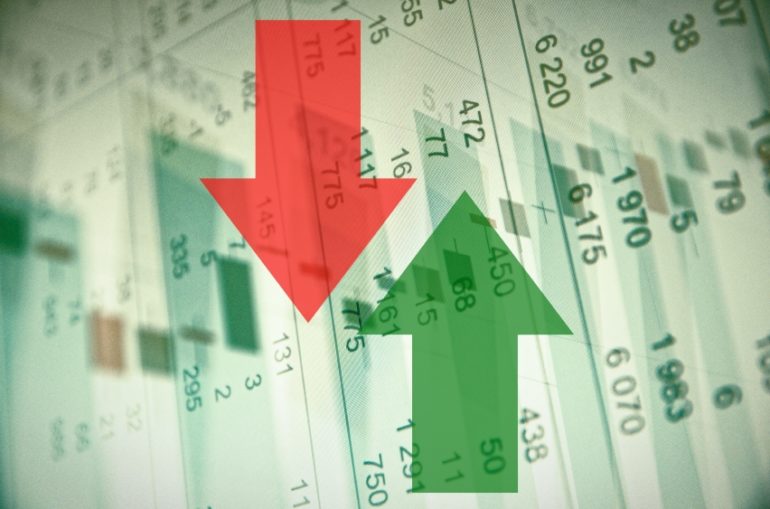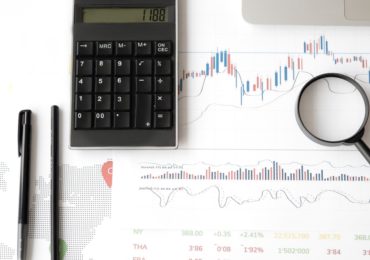
It’s fun to trade stocks and try to beat “the market,” whatever “the market” may be. (In most cases, U.S. investors mean the S&P 500, but that’s a pretty narrow and inaccurate definition.)
I played the game for years. I did videos and led seminars on using simple technicals to time the market, in the hope of buying the right stock at just the right time, seeing it go up, and then selling at the right time, to preserve gains. Wash, rinse, repeat.
Sounds pretty easy, doesn’t it? And certainly, it happens on occasion that traders have one “big winner,” or even have a winning streak. That’s made easier, of course, in a roaring bull market that lifts all stocks. There are anecdotal stories of traders who made enough to quit their jobs in the pre-2000 tech rally. The second part of that often is left untold: In the subsequent decade, their casino winnings ran out, and they went back to work.
So why did I stop trading? In short, because I became a convert to financial planning. Too often, traders don’t have any real knowledge of the income streams they need in their non-working years, or they are using trading as a way to play catch-up, after failing to save enough earlier.







